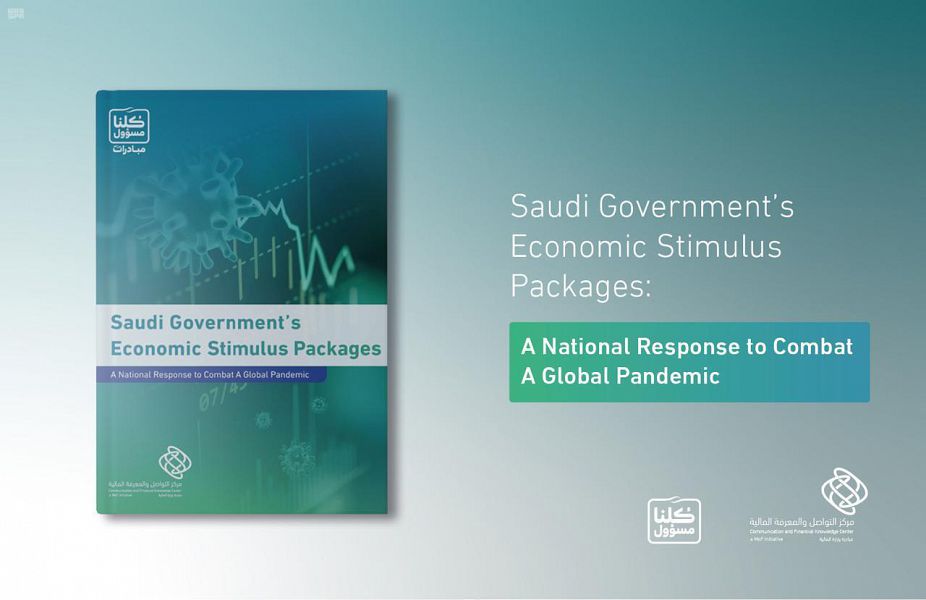
Short Url
https://arab.news/rz289
Just what was US President Donald Trump playing at? Not with regard to his unmasking appearance on the White House balcony — though this was certainly curious — but with his attitude to the next round of fiscal stimulus to the US economy.
It is hard to read what was going through his mind on Tuesday. He first seemed to pull out of talks with Congressional leaders about a new stimulus package to help mitigate the effects of the coronavirus disease (COVID-19) pandemic.
The effect on US stock markets was immediate. The S&P 500 fell like a stone in minutes, wiping billions off the value of American companies.
Then, in a late-night tweet (where else?), he appeared to row back on that earlier decision by asking Congress to fund another bout of check-writing “immediately,” which was taken as a sign that the president had changed his mind and was looking to inject stimulus into the economy after all. Global stocks indices steadied.
All very puzzling, on two levels. First, you might think that a president, who bases part of his appeal on the idea that he is a master businessman, would want to make sure the US economy is looking good by the time election day comes round less than a month from now.
Without some kind of fiscal deal in Congress, it is hard to see how he can hope for any kind of pre-election economic boost, as the brief plunge of the S&P showed.
Second, and all electioneering aside, it is pretty clear that the US economy is in rather urgent need of another cash stimulus.
Jay Powell, chairman of the Federal Reserve, also said on Tuesday that the American economic recovery was “far from complete” and warned that lack of further support would “create unnecessary hardship for households and businesses.”
Maybe Trump’s vaccination on the US economic stimulus merely reflects a wide debate going on among policymakers about the long-term economic desirability of big support packages.
More than six months on from the initial economic impact of the pandemic, some governments around the world are beginning to ask how long it can go on. Are they expected to print money for ever, with no sign of an end to the economic damage as second-wave infections come back with a vengeance?
The International Monetary Fund (IMF) considered that question earlier this week and — surprisingly — answered “yes.” The big economies of the world should not worry too much about the debts they are running up and instead take advantage of low interest rates to borrow more and invest it in recovery projects, especially in digital and “green” infrastructure projects.
You know it must be serious when an organization such as the IMF, usually the most fiscally conservative of bodies, tells people to “spend, spend, spend” regardless of the debt consequences.
Some countries never really stopped spending. China, for example, has continued to pour money into infrastructure as it sought a quick rebound from the virus. Germany and some other Europeans have also maintained large levels of fiscal stimulus, though it must be questionable how long some — such as the UK — can keep up that level of support.
Saudi Arabia, on the evidence of in its budget statement last week, seems to have taken the view that the time has come for a more realistic bout of belt-tightening as the economic effects of the COVID-19 pandemic linger.
A 7.5 percent cut in government spending should help balance the books, while debt markets will also help bridge the financial gap. But the Kingdom is obviously hoping for a significant recovery in economic growth next year.
The big economic debate of the next few months is likely to be whether global economies want to, or can afford to, continue with the big stimulus packages that have so far staved off a more serious financial impact from the virus.
Whoever is the next US president, the choices on this issue are becoming increasingly stark.
• Frank Kane is an award-winning business journalist based in Dubai. Twitter: @frankkanedubai
Disclaimer: Views expressed by writers in this section are their own and do not necessarily reflect Arab News" point-of-view











